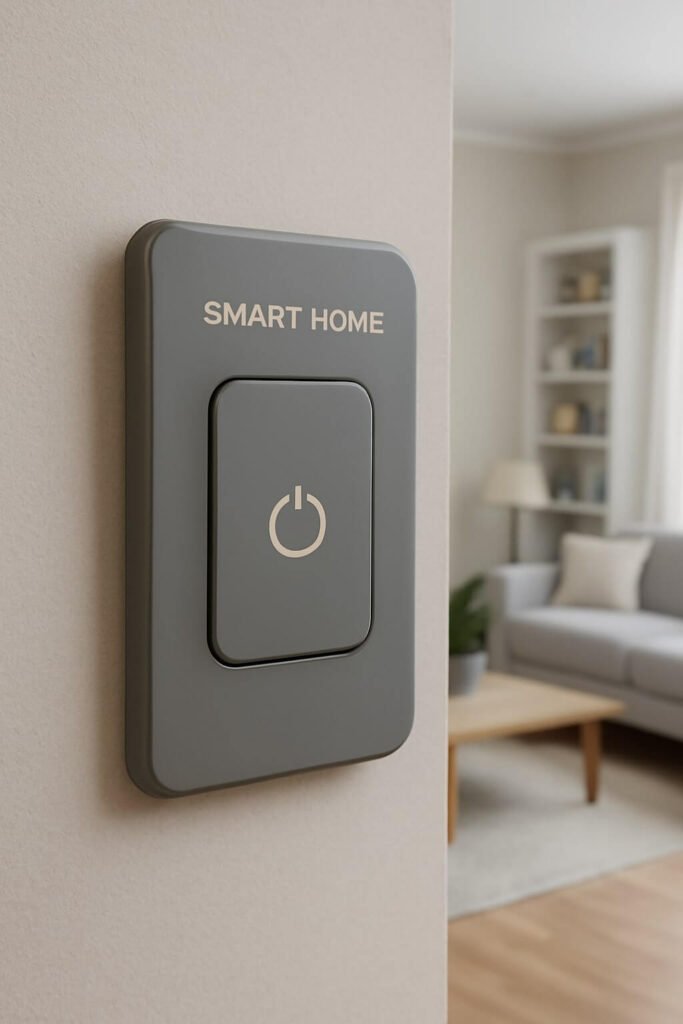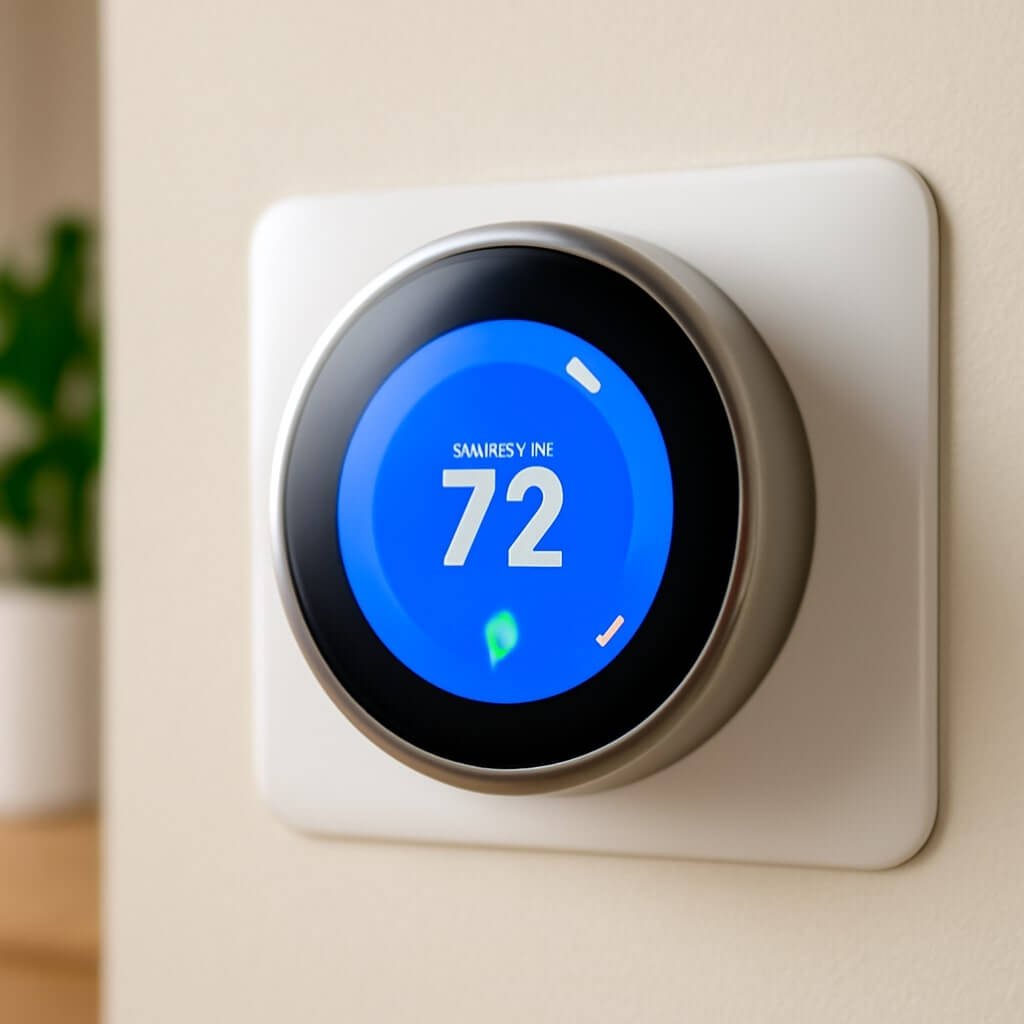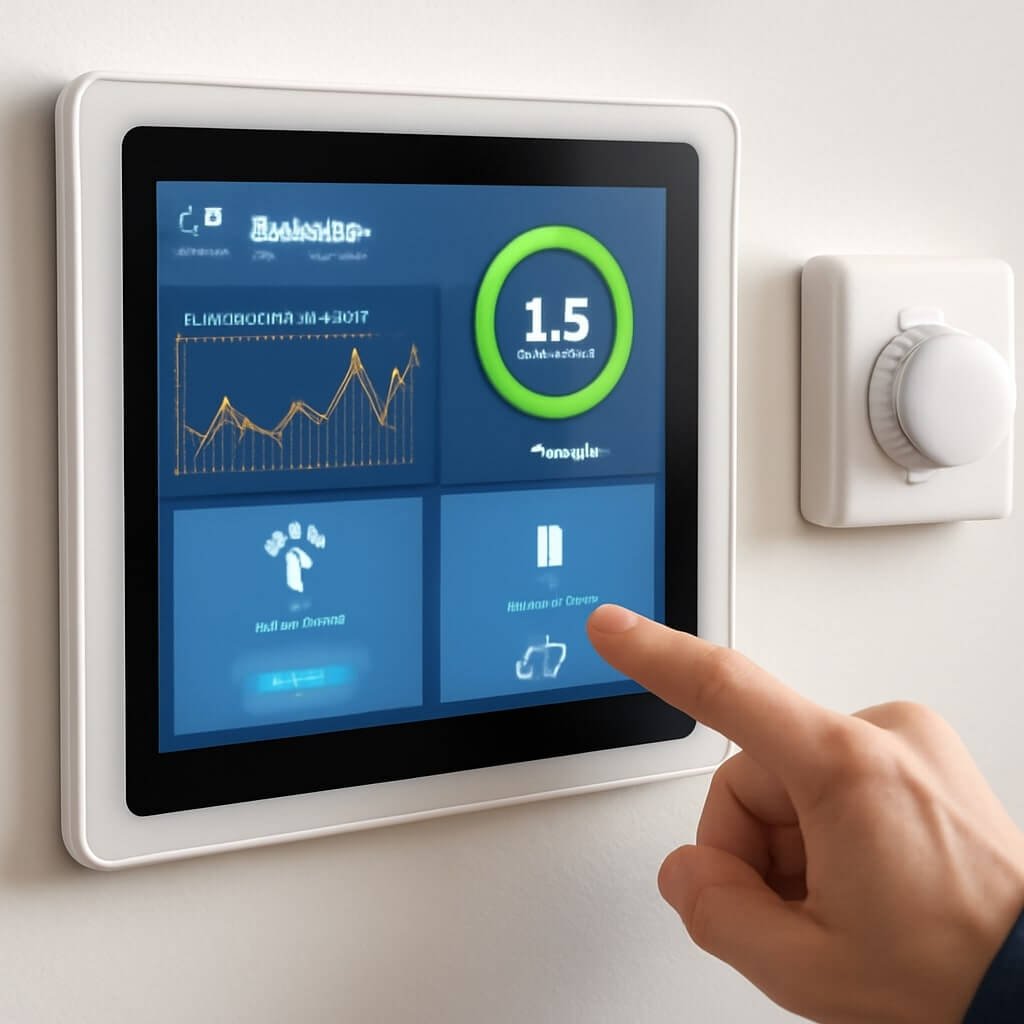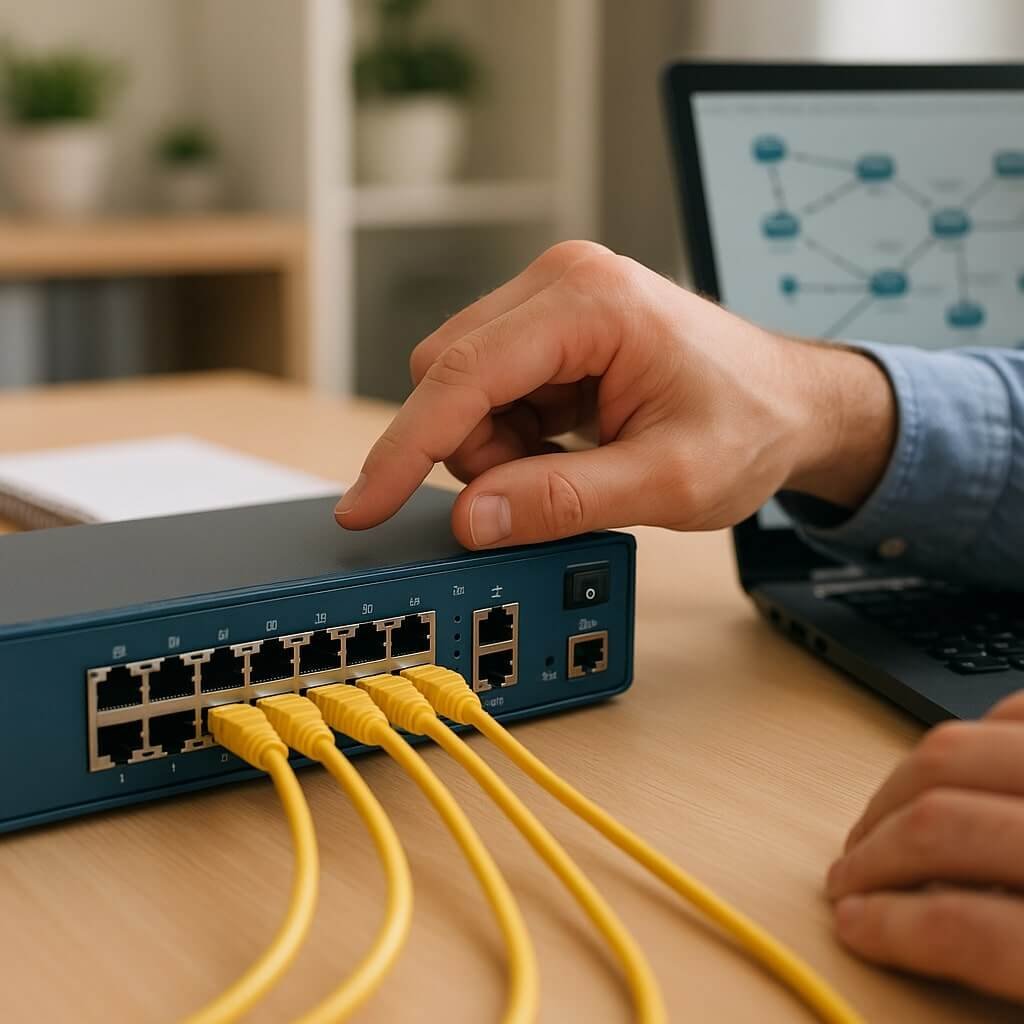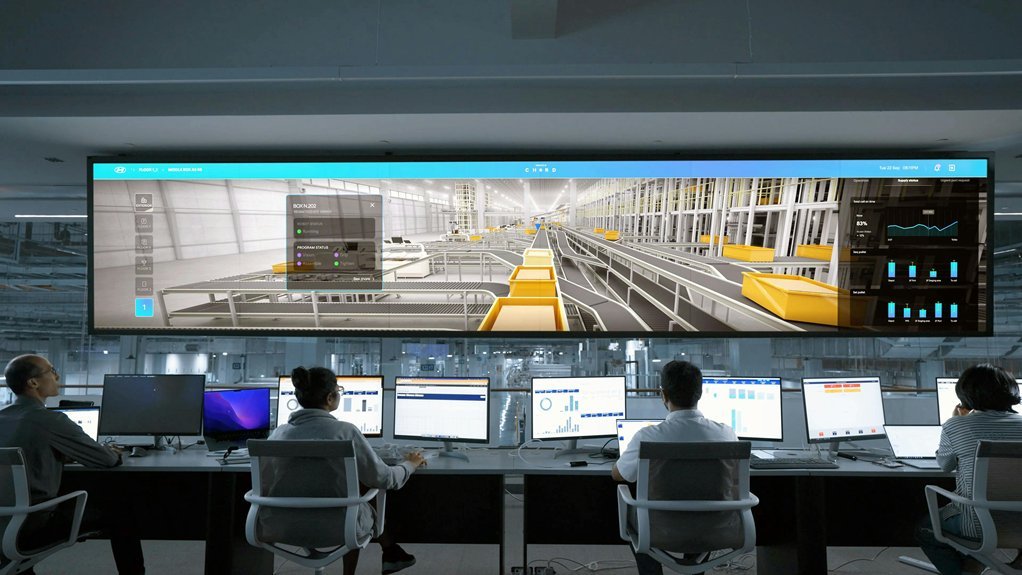Smart energy management is revolutionising the way we use energy in our homes. By incorporating advanced technology, homeowners can gain unprecedented control over energy consumption, reduce costs, and minimise environmental impact. This article explores the multifaceted benefits of smart energy management systems (SEMS), outlining 15 powerful advantages that demonstrate why this innovation is rapidly becoming a standard feature in modern households.
What is Smart Energy Management?
Smart energy management refers to the use of interconnected technologies that monitor, control, and optimize energy consumption within residential settings. This system integrates devices like smart meters, thermostats, sensors, and intelligent software that work together to provide detailed energy usage insights and automate energy-saving processes. Essentially, it’s about making your home smarter, more efficient, and environmentally friendly without sacrificing comfort.
Components of Smart Energy Systems
- Smart Meters: Measure real-time energy consumption.
- Sensors: Detect presence, temperature, and lighting conditions.
- Smart Thermostats: Automatically adjust heating and cooling.
- Energy Management Software: Provides analytics and control via apps.
How Smart Energy Management Works
Smart energy management systems operate by continuously collecting data from various sensors and meters around your home. This data is analysed to determine patterns of energy use and identify opportunities for savings. For example, a smart thermostat may lower heating when no one is home, or lights may dim based on natural light availability. The homeowner can monitor and adjust settings remotely via smartphone applications, ensuring efficient energy use tailored to their lifestyle.
Top 15 Benefits of Smart Energy Management
1. Cost Savings and Reduced Energy Bills
Smart energy management provides homeowners with actionable insights to reduce energy waste. By optimising heating, cooling, and appliance usage, many users report savings of 20-30% on their utility bills. The system can automatically turn off devices when not in use and suggest more energy-efficient habits.
2. Enhanced Energy Efficiency
Through continuous monitoring, smart systems identify inefficient energy use and adjust consumption accordingly. This means appliances operate only when necessary, and energy is distributed intelligently to meet demand without excess.
3. Environmental Impact Reduction
Reducing energy consumption directly lowers greenhouse gas emissions. Smart energy management encourages sustainable living by minimising unnecessary energy use and enabling integration with renewable energy sources like solar panels.
4. Increased Comfort and Convenience
Automated systems adjust lighting, temperature, and appliance operation based on your preferences and routines, creating a more comfortable living environment. Imagine waking up to the perfect temperature and lighting without lifting a finger!
5. Real-Time Monitoring and Control
Instant access to detailed energy usage data allows homeowners to make informed decisions and detect unusual patterns that may indicate appliance malfunctions or leaks.
6. Integration with Renewable Energy Sources
Smart systems can efficiently manage energy from solar panels, wind turbines, and battery storage, maximising renewable energy use and reducing reliance on the grid.
7. Improved Home Security
Energy management systems often integrate with home security, offering alerts on unusual activity and enabling remote control of devices, adding an extra layer of safety.
8. Supporting Smart Appliances and Devices
Smart energy management seamlessly works with connected appliances, enabling automated scheduling and reducing overall consumption.
Common Smart Energy Management Technologies
- Nest Thermostats
- Sense Energy Monitor
- SolarEdge Inverters
- EnergyHub Hubs
These devices offer varying levels of control and integration, allowing homeowners to customise their systems based on needs and budget.
Challenges and Considerations
While smart energy management offers many benefits, some challenges remain:
- Initial Installation Costs: Setup may require an investment.
- Data Privacy: Concerns over the usage of data security.
- Technical Complexity: Learning curves for some users.
Frequently Asked Questions (FAQs)
How much can I realistically save on energy bills?
Most homeowners save between 20% 30%, depending on their current usage and the efficiency of the system.
Are smart energy systems difficult to install?
Many systems are designed for easy installation, but professional help is recommended for optimal setup.
Can smart energy management work with solar panels?
Yes, most smart systems support renewable integration to maximise efficiency.
Is my energy usage data safe?
Reputable providers use encryption and strict data privacy policies to protect user data.
Will smart energy management reduce my home’s carbon footprint?
Absolutely. By reducing wasteful energy consumption, your home’s environmental impact decreases.
Can I control the system remotely?
Yes, most systems offer smartphone apps for real-time monitoring and control.
Conclusion and Future Outlook
Smart energy management systems are no longer just a luxury; they’re a practical, cost-effective solution for modern homes. With benefits ranging from significant cost savings to environmental sustainability, these systems empower homeowners to take control of their energy consumption efficiently. As technology evolves, integration with emerging smart home innovations promises even greater convenience and impact in the years ahead.

